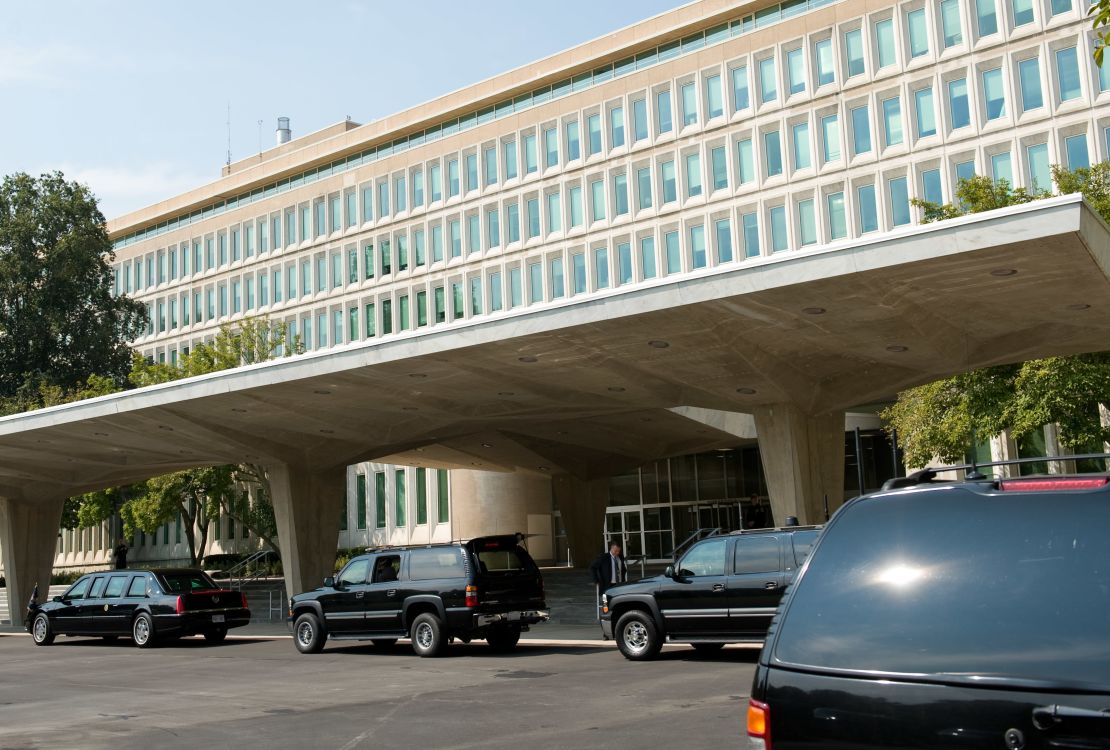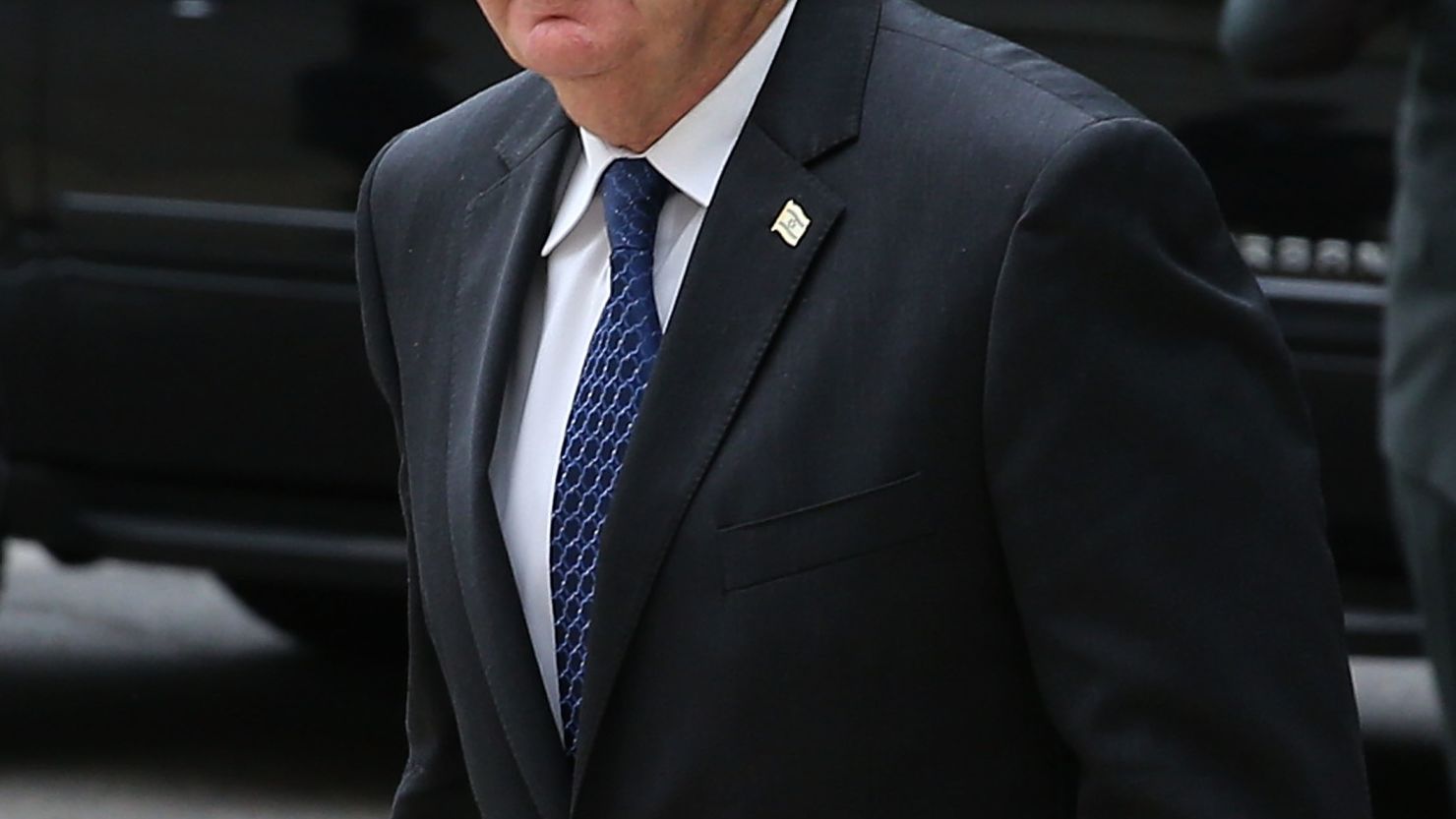The recent release of the so-called "CIA Note" by Director John Ratcliffe claims to unveil a scandalous truth about the intelligence community"s assessment of Russian interference in the 2016 presidential election. Ratcliffe, a staunch Trump ally, suggests that previous national security leaders manipulated intelligence to undermine Trump’s presidency, a narrative that continues to echo the rhetoric of the former president. However, this eight-page memo, far from being a smoking gun, reveals more about Ratcliffe"s motives than it does about the alleged misconduct of his predecessors.
Ratcliffe"s Allegations Lack Solid Foundation
In an environment already fraught with political tension, Ratcliffe’s assertions draw attention for their sensationalism rather than their substance. He claims that Obama-era officials created a "politically charged environment" that tainted the intelligence assessment regarding Russia"s influence. However, the CIA Note fails to provide compelling evidence to support these dramatic claims. As reported by The New York Times, the note does not dispute the fundamental conclusion that Russia interfered in the election.
Questions Surround the Process and Integrity of the Report
What the CIA Note does highlight are procedural issues surrounding the drafting of the assessment. Ratcliffe points out that the assessment was produced over a condensed timeline and without a broader interagency review, which is unusual for matters of such high significance. Critics, including former intelligence officials, argue that while the process may have been flawed, it does not invalidate the findings themselves. James Clapper, former director of national intelligence, emphasized that the review did not consult key figures involved in the original assessment, diminishing its credibility.
\n\n
After 20 years of anti-terror work, CIA gets back to spycraft basics in ...
Political Motives Behind the Release
Ratcliffe’s timing raises eyebrows. His decision to declassify and release the note coincides with ongoing criminal investigations into former intelligence officials like John Brennan and James Comey. This strategy appears less about accountability and more about weaponizing intelligence against perceived political enemies. As reported by AP News, Ratcliffe"s actions suggest he is aligning the CIA"s findings with a broader political narrative rather than fostering genuine transparency.
Ignoring the Bigger Picture of Election Integrity
The implications of Ratcliffe"s note extend far beyond the confines of intelligence assessments. By attempting to rewrite the narrative surrounding Russian interference, he risks undermining crucial discussions about election integrity and foreign influence. The Senate Intelligence Committee, in its bipartisan investigation, reaffirmed the conclusions about Russian meddling and found no evidence that the analysis had been politicized. Ignoring this consensus, as highlighted by multiple sources including The Washington Examiner, showcases a troubling trend in which political expediency trumps accountability and truth.
\n\n
White House snubs Israeli official | CNN Politics
The Danger of Political Manipulation of Intelligence
As we witness a dangerous precedent of political manipulation of intelligence, one must question the long-term effects on our democracy. The intelligence community"s credibility hinges on its ability to provide impartial assessments, free from political influence. Ratcliffe"s actions threaten to erode public trust in these institutions, which are vital for national security. As more information comes to light, it becomes increasingly evident that the true scandal lies in the politicization of intelligence rather than the substance of the assessments themselves.



![[Video] Gunfire between Iraqi security forces and Sadr militias in Baghdad](/_next/image?url=%2Fapi%2Fimage%2Fthumbnails%2Fthumbnail-1768343508874-4redb-thumbnail.jpg&w=3840&q=75)
